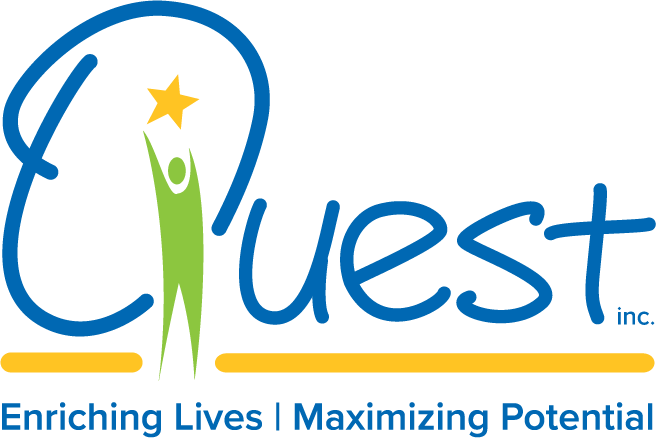As parents of autistic children navigate the journey from childhood to adulthood, planning for an effective transition to adult services becomes essential. Significant changes mark this period, including declining funding options and the need for long-term strategic planning.
Addressing Funding Challenges
One of the most pressing issues parents face is decreased funding opportunities once their child reaches adulthood. This is particularly evident in Florida, where options become limited, and the demand for services often outstrips supply. The Medwaiver program in Florida provides a crucial support system for individuals with disabilities.
However, it is plagued by long waitlists, making families need to submit applications as early as possible. This proactive approach can help secure a spot in the program and ensure your child’s needs are met promptly. The Medwaiver program offers extensive services, including applied behavior analysis, residential support, independent living, supported employment, personal care assistance, Adult Day Training, and companionship.
Proactive enrollment minimizes the gap in essential needs as your child ages and perhaps encounters a reduction in other funding sources (i.e., commercial insurance, scholarship). For those anticipating a continued need for ABA services, it is highly recommended you familiarize yourself with the Medwaiver criteria specific to that service and the difference regarding the dissemination of service hours.
Setting Goals Aligned with Long-Term Objectives
It’s not enough to plan for the immediate future; parents must also set goals that align with their child’s long-term objectives. Whether the aim is to live independently, attend a day program, or secure employment, current goals should be structured to prepare your child for these outcomes. Everyone has a unique journey; therefore, it’s integral that goals focus on developing essential life skills that match one’s abilities and individual outlook.
Several life skills are crucial for the successful transition to adulthood. These include:
- Attentiveness: Staying focused and attentive is vital for learning and development.
- Tolerance of Change: Adaptability and the ability to handle change smoothly can significantly impact daily life and interactions.
- Community Safety: using a crosswalk, identifying a stranger, protecting personal information, internet usage, etc.
- Self-care: Independence with personal hygiene (using the restroom, showering, choosing appropriate attire, etc.)
- Daily living skills: basic meal prep (using a microwave, gathering ingredients, etc.), making a shopping list, cleaning after oneself, money management/budgeting, etc.
- Self-Advocacy: Teaching children to advocate for themselves ensures they can effectively communicate their needs and preferences. This includes understanding personal boundaries, identifying abuse, contacting emergency help, etc.
Planning for the future is exciting! The additional resources below can aid your child’s future planning.
Agency for Persons with Disabilities Florida Medwaiver Program
Applying for Services | Customers
Disability Rights Florida
Center for Autism and Related Disorders

